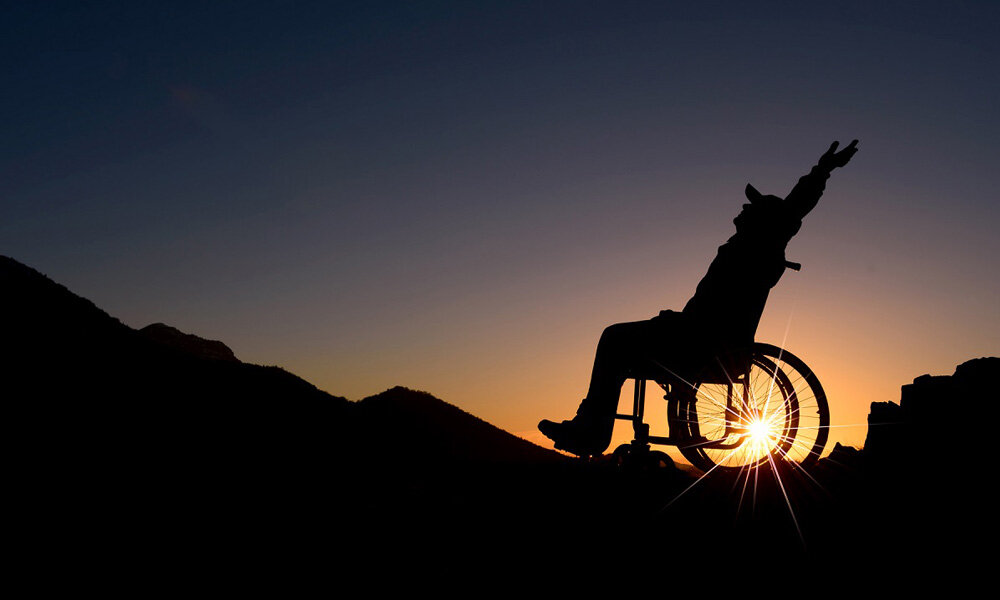Guides trained to provide services for disabled, elderly travelers

TEHRAN—Iranian tour guides are being trained to provide accessible tours for people with disabilities as well as the elderly, an official with the tourism ministry has said.
As a means of facilitating tourism for the disabled and the elderly, the ministry of tourism is working to improve tour guides’ knowledge in this field, Mehr quoted Mohammad Esmaeil Sheikhqarai as saying on Wednesday.
The goal is to make all aspects of travel, from transportation to accommodation booking to visiting resorts, simple and stress-free for this target community, the official explained.
In recent years, several tours have been organized for people with disabilities, the elderly, and children to bring vitality and a longer life expectancy and encourage growth and prosperity, he added.
In 2019, the United Nations World Tourism Organization (UNWTO) attached great importance to the creation of the international “Accessible Tourism Destination”, aimed to make sure that a destination can be enjoyed by any tourist, regardless of their physical, sensory or cognitive abilities.
The global disability prevalence is higher than previous WHO estimates, which date from the 1970s and suggested a figure of around 10 percent. This global estimate for disability is on the rise due to population aging and the rapid spread of chronic diseases, as well as improvements in the methodologies used to measure disability.
A 2011 census observed a significant demographic change in the elderly population of Iran (the percentage of the elderly population increased from 7.27 to 8.20 percent from 2006 to 2011 and 8.65 percent in 2016). The aging population is predicted to rise to 10.5 percent in 2025 and to 21.7 percent in 2050.
Apart from the disabled, accessibility is of very high importance as well when it comes to the rights of the world’s aging population. As we grow older, the chance of facing a permanent or temporary disability is vividly increased. Accessibility is a key element of any responsible and sustainable development policy which does not only benefit persons with disabilities but is beneficial to the whole society.
ABU/AM
